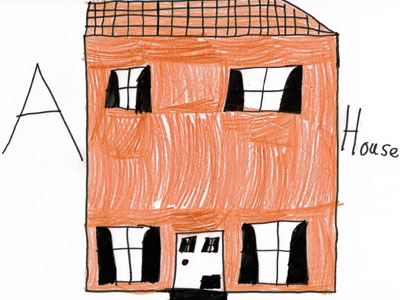Sector is “under-estimated, under-valued and under-funded”, warns the Independent Children’s Homes Association
A culture of “anti-residential feeling” must be challenged if children’s homes are to survive, a damning new report has warned.
The report, published by the Independent Children’s Homes Association (ICHA), claimed the residential child care sector is far too often attacked by others, especially those with little understanding of the work it carries out.
It argued that national and local government need to challenge sensational and inaccurate media  reporting on the sector, in order to ensure that the most vulnerable children receive recognition and investment.
reporting on the sector, in order to ensure that the most vulnerable children receive recognition and investment.
The worrying report follows a turbulent period for the residential child care sector, which faced renewed attacks from the media and government following reports that young people living in privately-run homes in Rochdale had been sexually exploited.
Jonathan Stanley, chief executive of the ICHA, expressed genuine concern over the future of residential children’s homes.
“The sector meets extraordinary needs with extraordinary responses, yet is under-estimated, under-valued and under-funded.
“Though providers have embraced reform, the report shows our nation’s homes do not have the necessary firm foundation for their future,” Stanley said.
The report, entitled ‘Home Truths’, surveyed all 500 members of the ICHA. It stressed the need for a professional body for residential child care, as well as a professional qualification and registration of staff.
It also called for more collaborative working and an end to “in-housism” among local authorities – where a council’s in house resources are used first, often leading to increased moves for a young person.
Stanley is now calling on the government to set out a clear strategic direction for the future of children’s homes and invest in much-needed training, research and development.
“Alarm bells must start ringing,” he said. “It has to be a major concern that this vital sector is experiencing demoralisation and fears irrevocable damage through its further diminution and contraction, even collapse, as providers disappear.”

